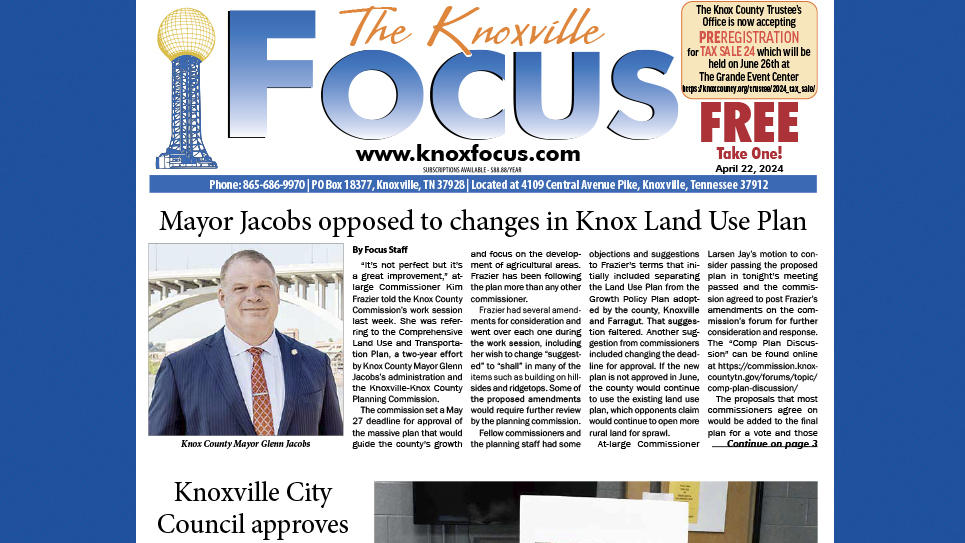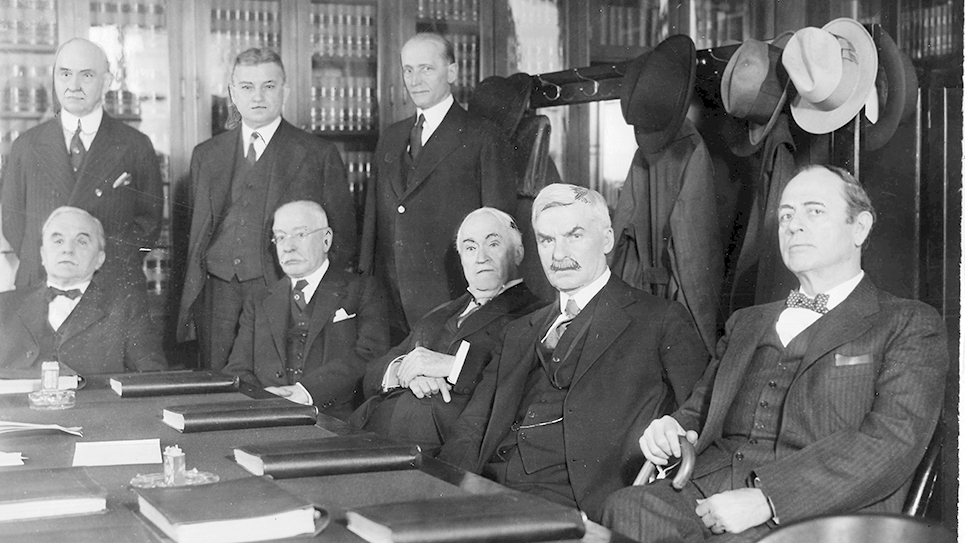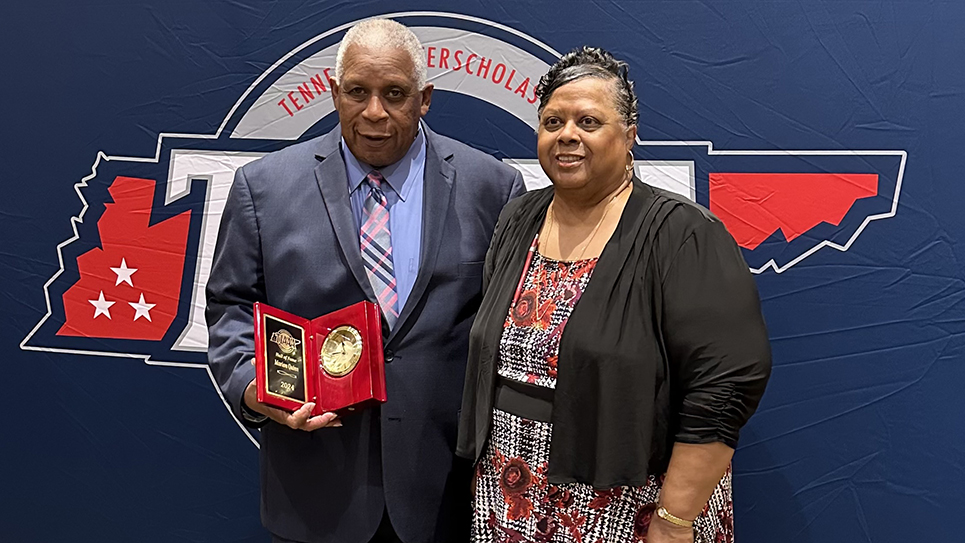There have been many changes since the 50s and 60s
By John J. Duncan Jr.
The publication date of this issue of The Focus is three days after my 76th birthday on July 21. I find it hard to believe that I am this old, but I also feel blessed to still be here and to still be in pretty good health.
It makes me feel a little younger when I think about the fact that I am four years younger than President Biden and one year younger than former President Trump.
When I was a boy, I collected baseball cards. There were only 16 major league teams then, meaning about 350 fewer big league players then than now.
I always looked on the back of those cards hoping to find some star who had my same birthday. The only one I found was an obscure pitcher that almost no one ever heard of named Moe Drabowsky.
He played for eight different teams, the longest stint being with the Chicago Cubs, the team with which he made his major league debut. He was the epitome of what was called a journeyman ballplayer.
The most famous person who had my same birthday was Don Knotts – me and Barney Fife. This is appropriate because this is still my favorite show, and my late wife used to say I still lived in “Andy of Mayberry days.”
I grew up mainly in the fifties and early sixties and turned 18 years old two months before I started at U.T. in the fall of 1965. The University seemed huge to me then, and I was very intimidated at first – yet it had less than half the number of students at that time compared to now.
My wife, Vickie, and I were talking a few days ago about how different life is today than when we grew up. The population of the city (Knoxville) now is about the same as it was after some controversial annexations in the early 60s, but the county has exploded in growth. Knox County’s population was 250,000 (city and county combined) in 1960 with many farms outside the city limits. Now, the population of the county is nearing 500,000 (city and county combined) as people flee the high taxes and high crime in the Democrat-run cities and states.
There is much more traffic now because of population growth, and because almost everyone over 16 has their own vehicle. My father told me in the late 80s that there were more cars in a high school parking lot than at all of U.T. when he started there in 1939.
Vickie was one year behind me at Holston High School. Back then many families had two cars, but most had only one. I knew only two students at Holston who had their own car, and everybody else had to beg to use the family car or cars.
There were no interstates in East Tennessee then, and it took about six hours to drive from Knoxville to Nashville because you had to go through all the little towns. It took about two hours to drive a little over 60 miles to my grandparents’ house in Scott County. The road from Caryville to Huntsville was one of the curviest roads in America.
Another huge difference is in the number of restaurants. Knoxville probably didn’t have more than two or three percent of the number of restaurants we have now. The first McDonald’s opened on Magnolia in 1959 and the first Shoney’s (on Broadway) opened in 1964.
Every meal was eaten at home then. If a family was lucky, they might go out to eat once a week. There was no such thing as fast food as we know it now and not even much snack food.
We moved into a 1,400-square-foot house in Holston Hills in 1952. A den was added on in 1957, and that was called the “new room” until my Mother sold the house in the early 90s.
The “new room” was where we placed our only air conditioner, a window unit that was a big deal to us. We got our first television (black and white) when I was six, and we were told not to sit too close to it. There was certainly no sex on television then, and TV husbands and wives were usually shown as having separate beds.
Houses had very little closet space then because people just had very few clothes and “stuff” compared to now. People dressed up in their “Sunday best” to go to church, and ministers did not wear jeans or golf clothes when preaching in the pulpit.
There were no video games and only three television networks. Children weighed less because they played outside as much as possible and considered it a punishment to be made to stay inside.
Sometimes I wish my life had not gone by so fast, but then I stop and think, and I realize time only goes slowly when you are sick or something bad is happening.






